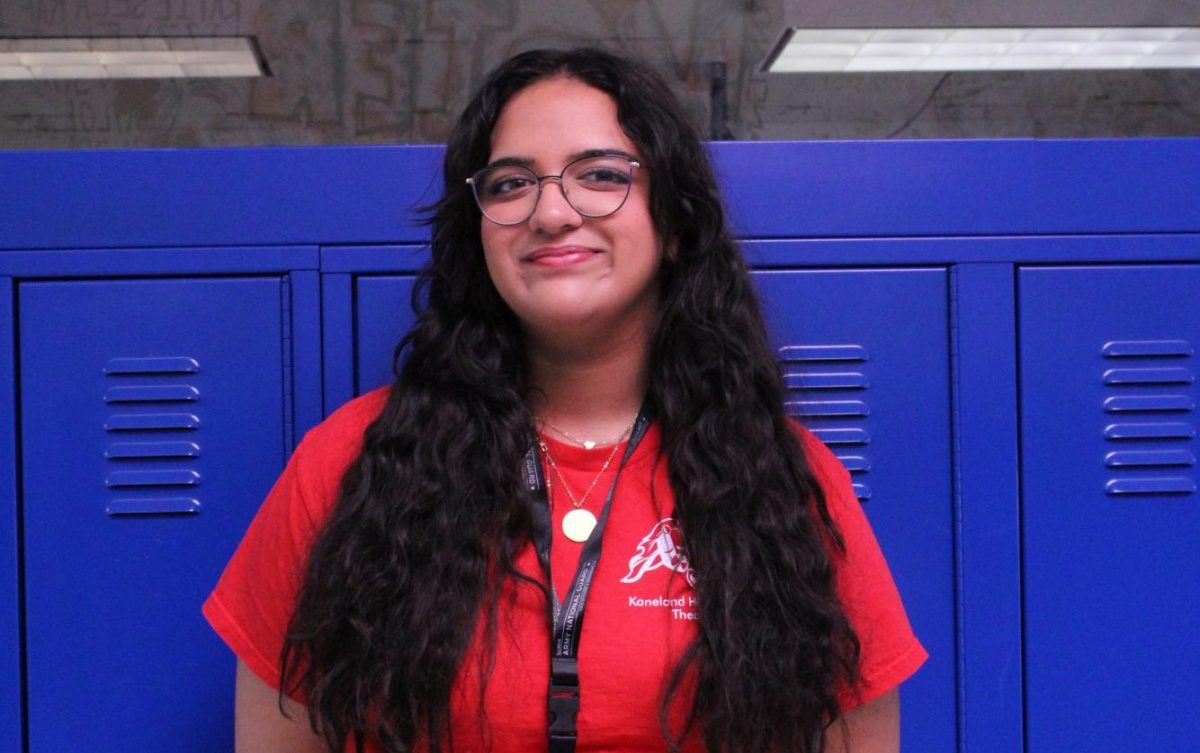BY KALEB SCHUPPNER, Executive Editor AND EVAN ORTIZ, Editor
Relationships in high school are notorious for being unstable and at times, detrimental to mental stability. Every so often however, two people can step out of those common stereotypes and even progress in that relationship outside of high school.
Oftentimes, a relationship revolves around common interest, and trust and care for another person. The question that most often arises is when is too much, too much? Or for that matter, is it possible for things too become too much too fast? When asked about it, school psychologist John Markovich had some useful insight.
“Definitely, I don’t think it’s only teenagers [that move too fast] though. At any age, you can have those extremely intense feelings. At the start, you can seemingly be only interested in the other person. You become so hyper-focused on that person that your emotions can be based around that person’s mood for the day – everything about them becomes your main focal point in life,” Markovich said.
This may sound extreme, but it’s actually a lot more common than one would think. For instance, there is a survivalistic relationship, based around the idea of needing another to get by. This can be detrimental to most people’s social stability and emotional life. The partner can end up feeling insignificant, because emotional starvation is the reason they’re there. Whether that starvation is from a lack of affection at home or from going a long time from the previous relationship, causing an intense longing, for belonging. In survivalistic relationships, basically anyone will do. These types of relationships develop from the idea that a person can’t make it on their own, implanting the idea that ‘without the other, you are nothing.’
This is just one of five main relationship types, which are as follows: Survivalistic, Validation, Scripted, Acceptance, and Individuation. Validation is a common relationship that high school students often find themselves in. In Validation relationships, a person seeks acceptance for whatever it may be – physical attractiveness, social status, intellect, wealth, etc. This is because teens are looking for a sense of identity and often find themselves discovering it in a relationship.
“For teenagers, they will make their identity their significant other. They can be so hyper-focused on that person, that your emotions can be affected. You become so entrenched in that person, that they become your main focus,” Markovich said.
The most common relationship for young adults fresh out of high school and college are scripted relationships. The parents approve, the partners are seemingly perfect for each other, and this sort of relationship begins with plans to last. The most common issue that results from this is power struggles. Heavy involvement from the family leads to the stress of trying to live up to the couple that everyone wants them to be. Rather than working on things together, the couple is more concerned about who’s right, which can lead to arguing. Understandably so, couples in Scripted relationships seem to get in ruts; it’s the same old pattern day in and day out. Although they may get bored of each other, the amount of time invested into the relationship leads to a detrimental blow when it ends.
Acceptance. Isn’t that what we’re all looking for? In Acceptance relationships, the partners trust, enjoy and support each other. The people in this relationship are themselves, but limit themselves out of respect for the other. Maybe the boyfriend won’t go out every day of the weekend with his friends, but balance his friends and his mate as an equal, neither side of persons time outweighing the others.
The two share common interest, but also have a life outside of the relationship, as opposed to constantly breathing down each others neck, questioning every actions of the other. Acceptance relationships consist of two people that truly care for each other, and are healthy in doing so.
“I do believe you can care a lot for a person that you date, especially if you have had that person in your life for a while and they have impacted your life greatly. It depends on whether you want to let it affect the way you are inside. I’ve seen a few individuals change from relationships whether it’s destroyed them emotionally or made them a better person from the experience. I’d say it’s a 50/50 chance every time you initiate a relationship with someone,” senior Cristian Guzman said.
Individuation-Assertion relationships are productive relationships that often prosper because of the importance and respect based on each person’s wants and needs. The partners are open-minded and relaxed in going about the relationship, making sure to encourage personal growth for their counterpart – even if it has nothing to do with them. Sophomore Maddy Michels feels that this may be one of the most important parts of a relationship.
“We’ve been together for 20 months, we managed to make things work for this long because we’re always there for one another and no matter what problems we face, we always work through it together,” said Michels.
The unselfishness that is derivative of Individuation-Assertion relationships help people grow because they learn to appreciate differences, resolve problems, and develop goals.
Relationships can be a great test of character for most but occasionally, one can learn to develop life skills. Whether that be the ability to take on the many hardships and trials of relationships or at the same token, to learn how to be happy not only when alone but in the presence of other as well.
“[Relationships] help your world view; you gain a better understanding of life and it can help you understand your own flaws. This can potentially help you move forward, and mature as both a member of a relationship as well as a person.” Markovich said.








